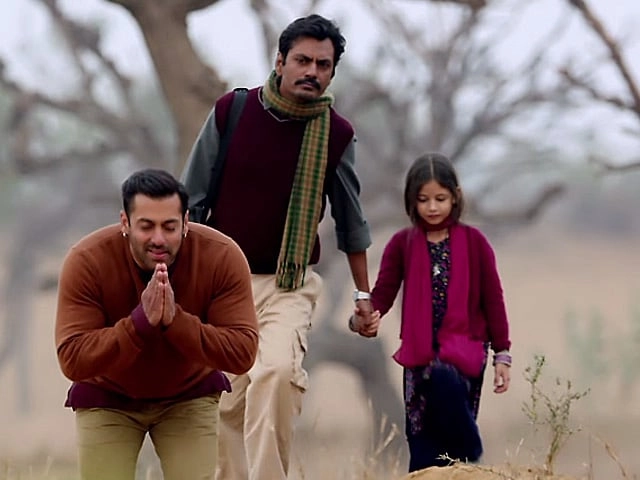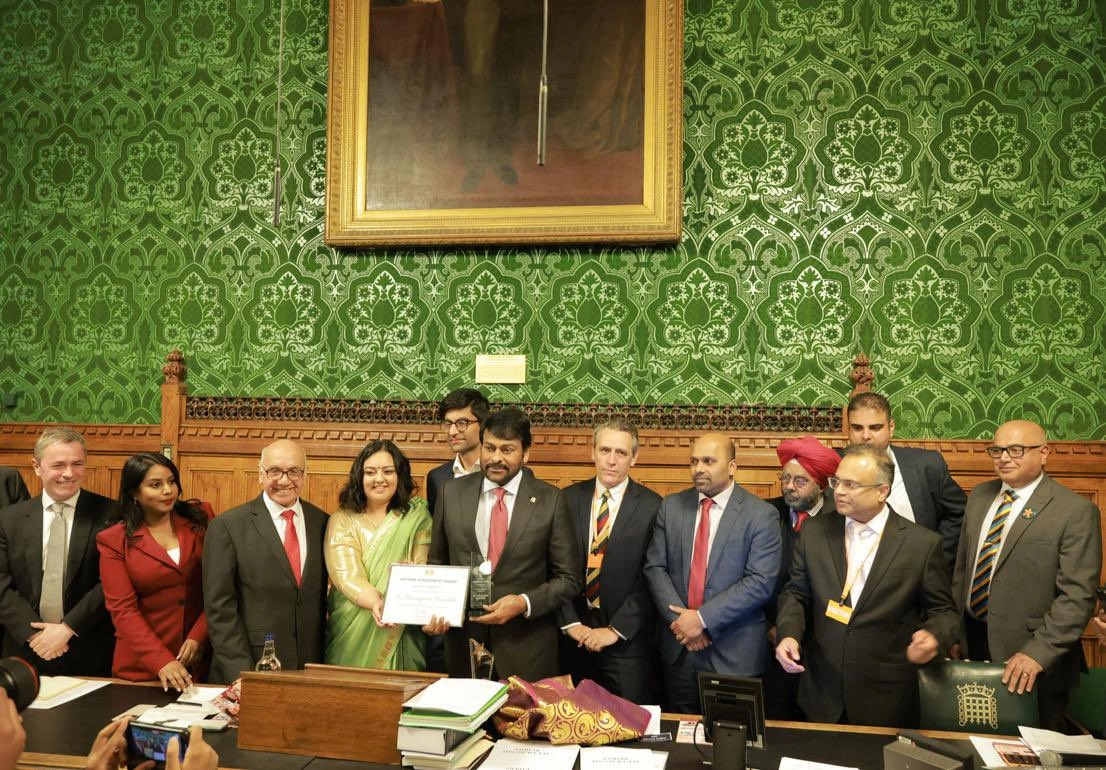Kabir Khan, the acclaimed filmmaker, recently opened up about an interesting episode related to his blockbuster film “Bajrangi Bhaijaan,” which starred Salman Khan. In a candid discussion, he recalled how the Central Board of Film Certification (CBFC) had specifically asked him to edit out the phrase ‘Jai Shri Ram’ from the movie. This request highlighted the sensitive nature of religious sentiments in Indian cinema, where filmmakers often navigate a complex landscape of cultural and political sensitivities. The phrase ‘Jai Shri Ram’ has significant religious connotations for many Hindus, and its inclusion in a film could provoke varied reactions depending on the context in which it is used.
Khan’s decision to retain the phrase was rooted in his vision for the film, which aimed to convey a message of unity and love that transcends religious divides. “Bajrangi Bhaijaan” tells the heartwarming story of a man who embarks on a journey to reunite a mute Pakistani girl with her family across the border. The film’s narrative centers on themes of compassion and humanity, and Khan believed that the phrase, when used appropriately, could resonate with audiences and reinforce the film’s overarching message. His defiance in the face of censorship reflects a broader trend in the industry, where filmmakers often grapple with the balance between artistic expression and regulatory compliance.
The filmmaker’s recollection serves as a reminder of the ongoing discussions surrounding freedom of expression in Indian cinema. The CBFC’s role in vetting films has been a topic of contention, with many creators pushing back against what they perceive as undue restrictions on their artistic vision. In the case of “Bajrangi Bhaijaan,” Khan’s choice to maintain the phrase allowed the film to remain true to its narrative and emotional core, ultimately contributing to its success at the box office. The film’s ability to touch hearts and foster discussions about tolerance and understanding among different communities illustrated the power of cinema as a medium for social change.
Khan’s experience underscores the importance of creative integrity in the face of external pressures. As filmmakers like him continue to navigate the complexities of censorship and audience expectations, the conversation around artistic freedom in India remains as relevant as ever. The impact of “Bajrangi Bhaijaan” on audiences, combined with its critical acclaim, suggests that when directors stand firm in their vision, they can create works that resonate deeply with viewers, challenge societal norms, and promote a message of inclusivity. As the film industry continues to evolve, stories like Khan’s serve to inspire future generations of filmmakers to remain authentic in their storytelling while addressing the multifaceted nature of contemporary society.




